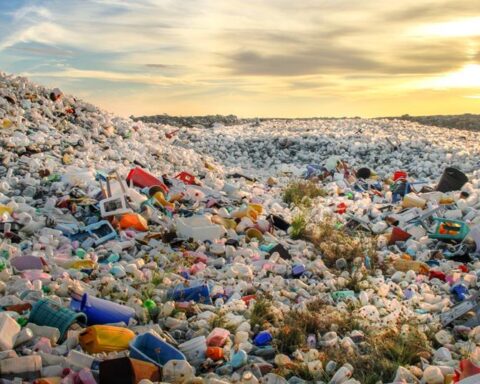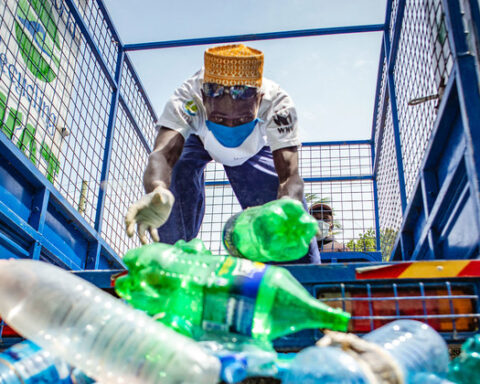An investment of £20 million will support interdisciplinary research that aims to improve understanding of the impacts of plastic pollution in developing countries.
The research projects will draw upon arts and humanities, economic and social, engineering, physical, environmental and life sciences to explore ways to mitigate the impacts of plastic pollution, to enable cleaner and more resilient and productive environments and support economic growth and societal wellbeing.
The programme’s five projects include partnerships with researchers across 11 countries: China, Chile, Egypt, Ecuador, India, Indonesia, Peru, Malawi, Sri Lanka, Tanzania and Vietnam.
Investigating the impacts of plastic waste
Researchers will investigate:
- the impacts of using plastic mulch films in agriculture on the health of agricultural ecosystems in five countries in order to identify solutions to help remediate contamination and prevent further pollution
- the sources, pathways and fate of plastic waste in the Indonesian environment, using modelling and systems analysis of socio-economic, behavioural and cultural factors associated with plastic use to inform the development of various interventions, assessing their social, environmental and economic benefits
- coastal plastic pollution in Vietnam and its impact on aquaculture, tourism and other local businesses, assessing its impact on human health and determining policy interventions that might be most effective
- the impact of plastic leakage on the Eastern Pacific rim, mapping waste flows, conducting life cycle assessments of materials, assessing ecological, economic and health impacts and testing potential interventions aimed at developing a circular economy for plastics
- waste management practices in Tanzania and Malawi and compare their differing waste management policies with the aim of understanding the public health risks and environmental impacts of plastic waste in the community.
The Reducing the Impacts of Plastic Waste in Developing Countries (GCRF Plastics) programme is supported via the Global Challenges Research Fund (GCRF), a £1.5 billion investment announced in 2015 to support cutting-edge research that addresses challenges faced in developing countries, of which UKRI is a delivery partner.
Enabling sustainable growth
Professor Sir Duncan Wingham, Executive Chair of the Natural Environment Research Council – which is leading the programme within UKRI, said:
Pollution caused by plastic waste is one of the world’s biggest environmental challenges, and UKRI is at the forefront of funding research to find solutions. This investment of £20 million is a vital step in helping world-leading researchers develop realistic and feasible solutions to reduce plastic pollution while enabling equitable, sustainable growth.
Our investment in international development research aims to positively impact the lives of millions of people across the world and supports global efforts to achieve the UN’s Sustainable Development Goals.





